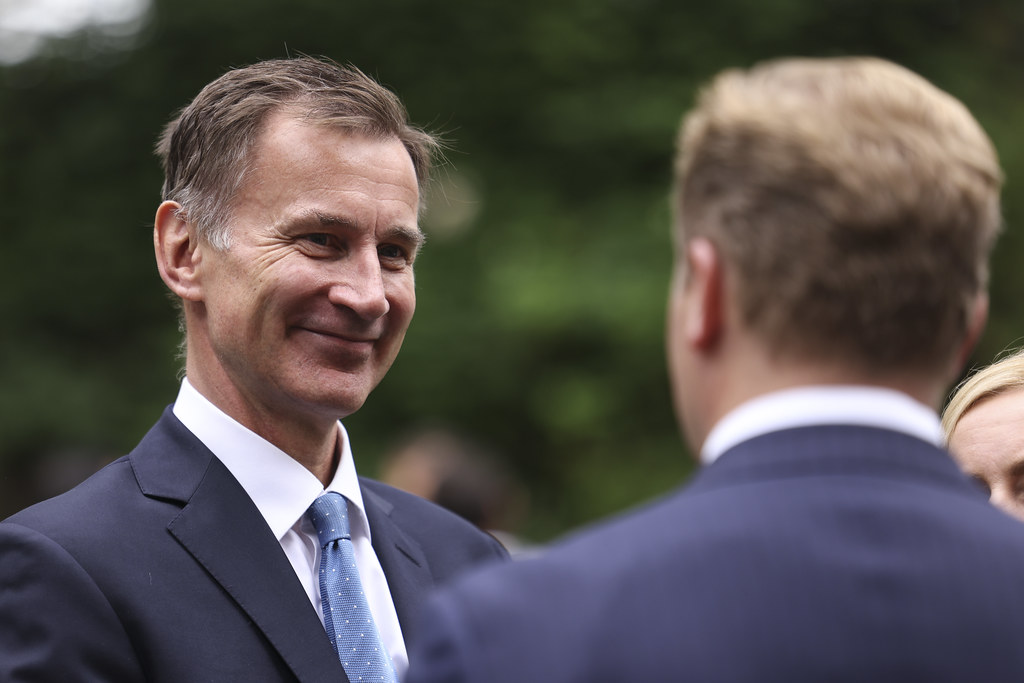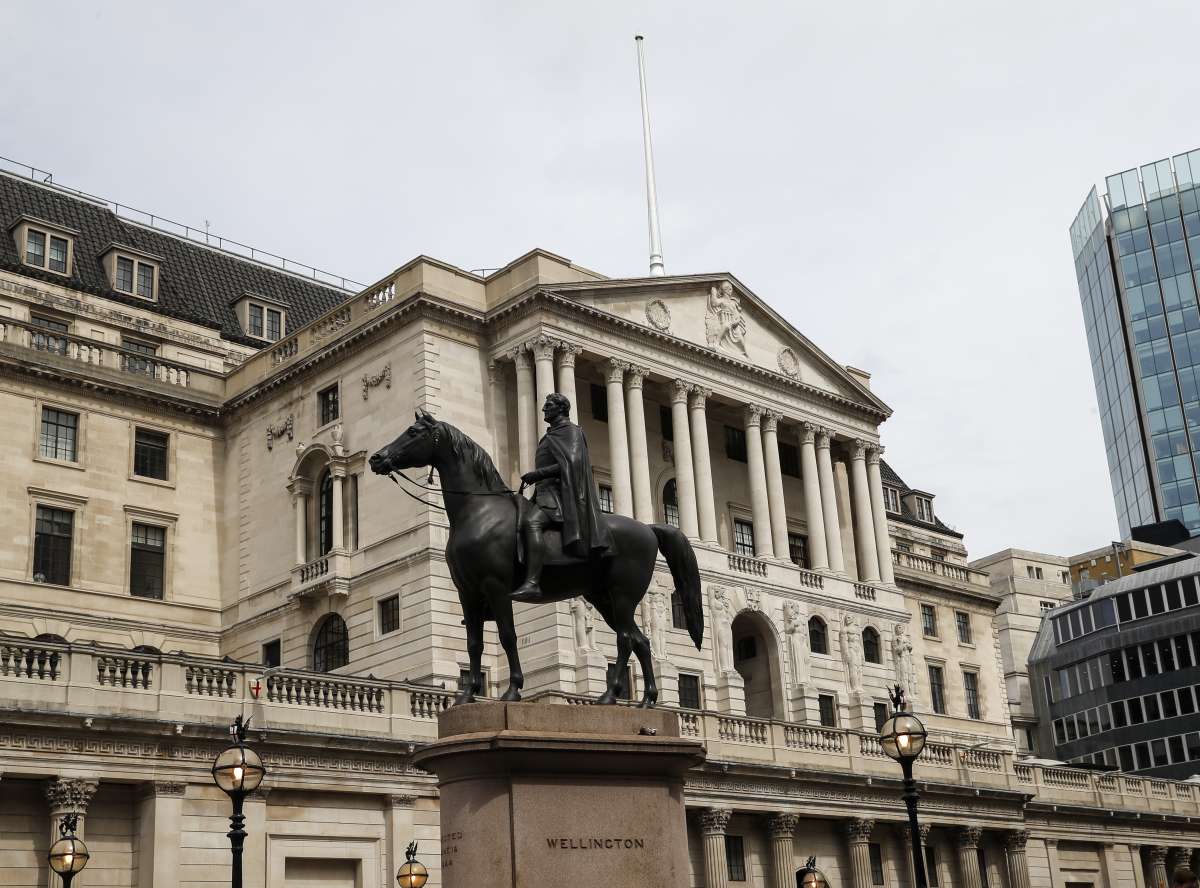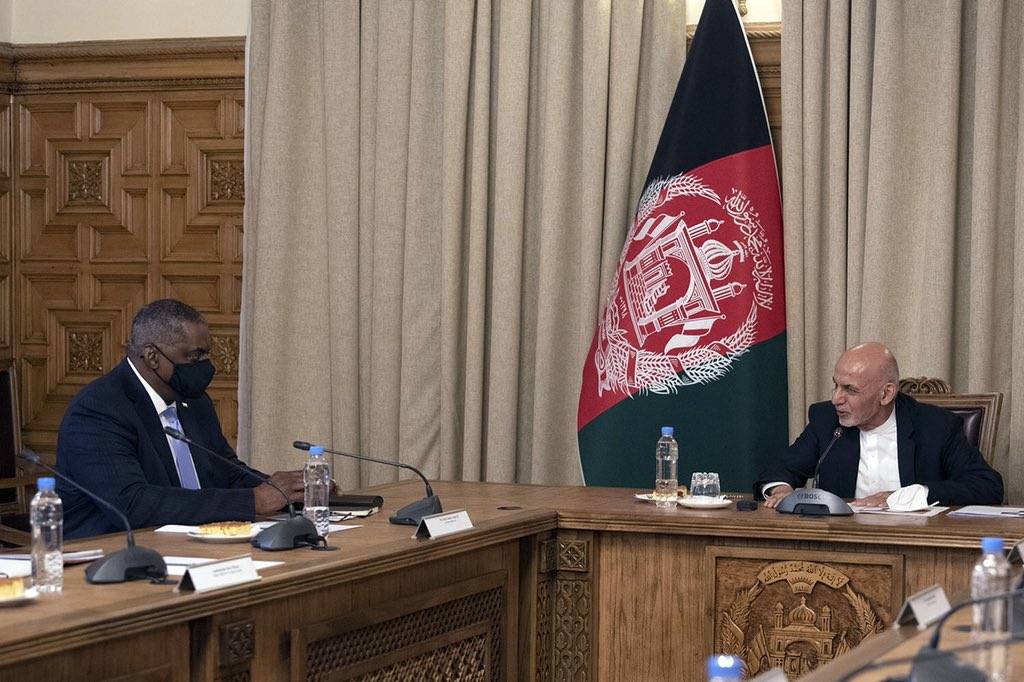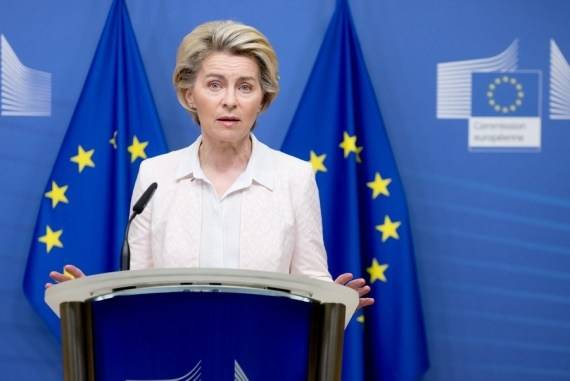Crude has now slipped 6 per cent in the last six days and is now sitting a tab lower around $ 64.5 a barrel on the back of rising US inventory…reports Asian Lite News.
Just like the farmers’ protest, protests against the continuous fuel price hike are there in every parts of the nation. But surprisingly, fuel prices in the country have remained steady for over three weeks now as softening crude and Assembly elections in four states and one union territory has kept Oilcans from revising the retail prices.
Accordingly, petrol continues to be priced at Rs 91.17 a litre and diesel Rs 81.47 a litre in the national capital on Monday. Fuel prices have not been revised now for 23 days.
Across the country as well the petrol and diesel price remained unchanged. But the pause has not helped in bringing down fuel prices that have crossed Rs 100 per litre (petrol) mark in several parts of the country.
Earlier, Minister of state for Finance Anurag Thakur said in Parliament that states and Centre should look at taxes on petroleum products to see if relief can be provided to consumers.
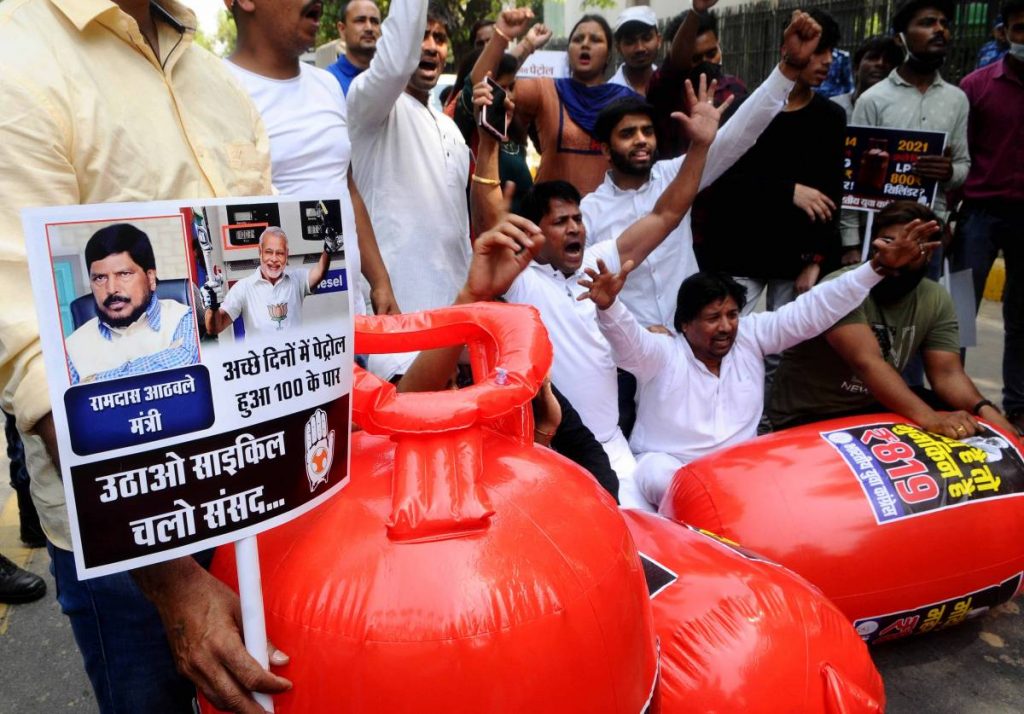
Since the beginning of February crude has gained more than $7 per barrel that pushed OMCs to increase fuel prices on 14 occasions raising the prices by Rs 4.22 per litre for petrol and by Rs 4.34 a litre for diesel in Delhi.
Crude has now slipped 6 per cent in the last six days and is now sitting a tab lower around $ 64.5 a barrel on the back of rising US inventory.
The petrol and diesel prices have increased 26 times in 2021 with the two auto fuels increasing by Rs 7.46 and Rs 7.60 per litre respectively so far this year.
The officials in public sector oil companies said that retail price may rise again once daily revision starts post voting in various state elections. The crude is expected to move up further on demand rise and continued production cut by OPEC+ in April.
Oilcos are already making losses of Rs 2 and Rs 4 per litre on current retail prices of petrol and diesel respectively. Sources said that to cover this, the fuel prices may remain unchanged even if there is a need to cut retail rates on softening of global product prices.
Also Read-Fuel Price Upward Run Stops Short of Breaking Record
Read More-‘No increase in petrol, diesel prices’


